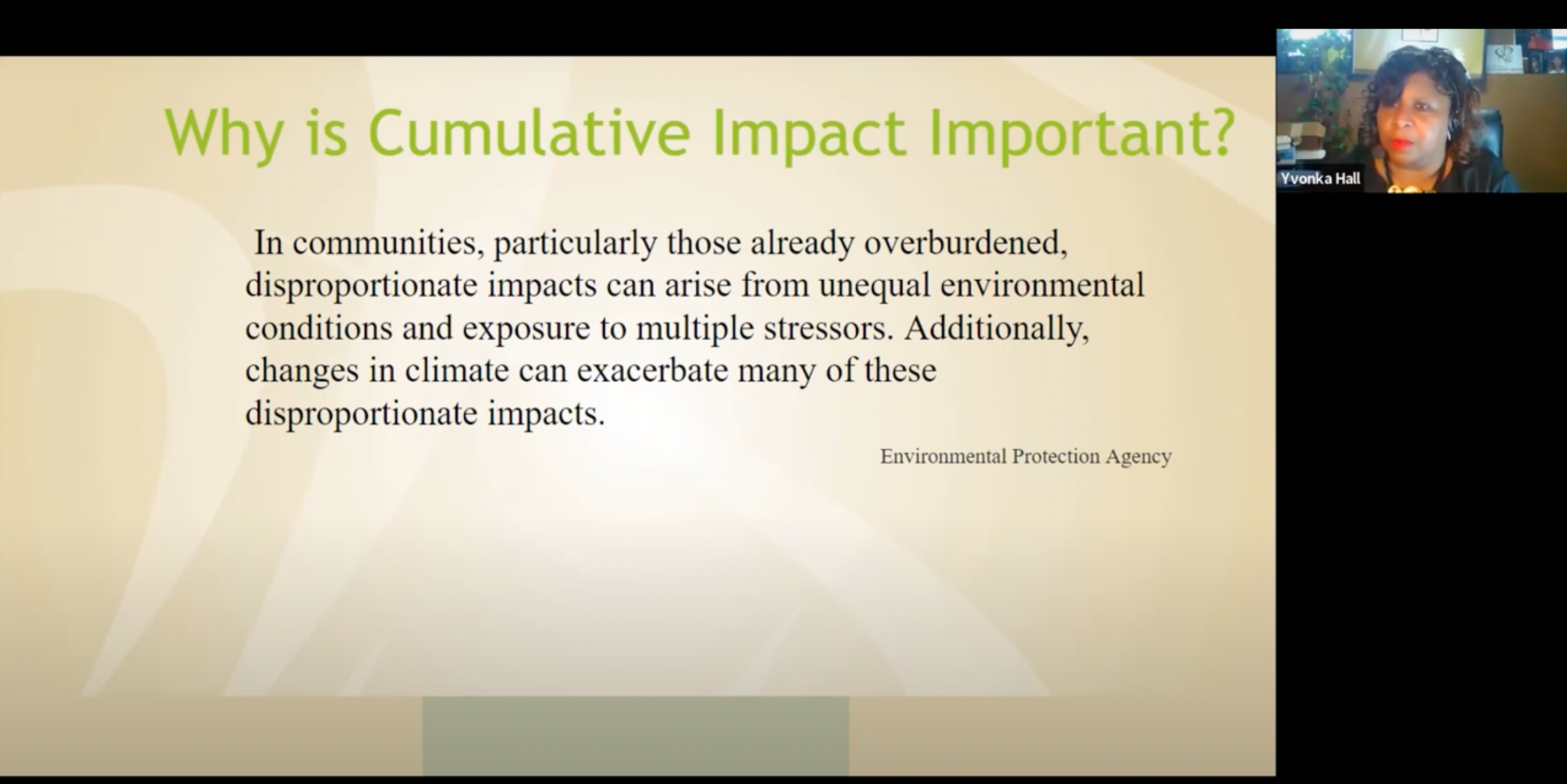Research, Racism, Resilience, and Restitution Were Anchors of Yvonka Hall’s Talk
This article is a part of our CTSC Event Recap series.
According to the 2020 United States Census, people who identify as African American or Black make up 13.6% of the United States and 47.4% of the Cleveland population. African Americans are an ethnic group consisting of Americans with partial or total ancestry from sub-Saharan Africa. African immigrants do not generally self-identify as African American. Black, as a race, is a social construct and usually describes someone who is of or relates to any of various population groups with melanated pigmentation of the skin.
Yvonka Hall is the Executive Director of the Northeast Ohio Black Health Coalition (NEO Black Health Coalition). She led our second READI Special Populations Roundtable Series talk that centered discussion on the African American or Black community.
According to the NEO Black Health Coalition’s website, the NEO Black Health Coalition’s vision is to “achieve health parity (equality) in the African American Black population and create equity in the African American community addressing the cumulative health impact of racial, economic, environmental and social justice inequities in education, employment, housing and health by working to educate, advocate for and empower the community.”
Hall has been a staple in the Black community for raising awareness, participating in research, and advocating for policy to advance health equity on topics including: menthol free communities, COVID-19 vaccines, social justice, food insecurity–and more. Her talk focused on racism, research, resilience and restitution.
She is a proponent of cultural proficiency versus cultural competence as defined by science. “[...] the science says it’s cultural competency [that is important], but the personal says you need to be proficient. You need to understand those communities, the ebbs and flows of those communities, before you go in and implement a process. Include them in the beginning.”
A COVID long hauler and NIH RECOVER community voice, Hall knows the importance of using a reparations lens for compensation in research studies. Hall explained, “We should be making sure that people are paid for their time. So, that means if we are coming into communities and asking the communities for their time, we should not be providing turkey sandwiches or pizza to communities that already have issues with hypertension, diabetes, and other things. We should be providing them with the dollars [...] to provide the things that they need.”
Hall’s extensive work with tobacco and COVID-19 are evidence about why, she exclaimed, “all policy is health policy.” Hall added, “ We have to make sure that we’re looking at changes in our policies or that when we’re writing these research proposals that we’re looking at health policy as the end goal [...] ‘How do we make sure that we’re helping these people forever?’”
Visit the CTSC YouTube channel (@CWRU-CTSC) to view the talk in full.
Key Takeaways
- All policy is health policy
- It is important to have the context of history as it relates to African Americans and Black people (from slavery to present day) to understand why systems continue to produce inequitable outcomes
- The health of African Americans and Black people improves when policy changes
- Working with community health centers can help increase diversity in clinical trials
- All policies should include a reparations lens (e.g., pay people for time, lived experience, and be cognizant of how you compensate)
- Listen to community members to learn about gaps


